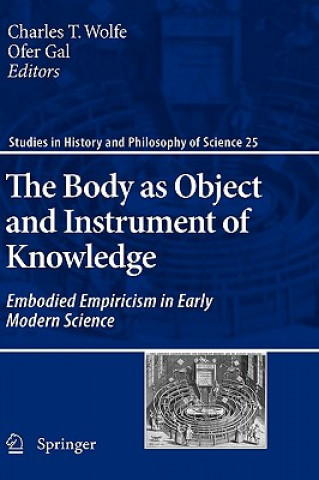
Kód: 01973073
Body as Object and Instrument of Knowledge
Autor Charles T. Wolfe, Ofer Gal
It was in 1660s England, according to the received view, in the Royal Society of London, that science acquired the form of empirical enquiry we recognize as our own: an open, collaborative experimental practice, mediated by specia ... celý popis
- Jazyk:
 Angličtina
Angličtina - Vazba: Pevná
- Počet stran: 350
Nakladatelství: Springer, 2010
- Více informací o knize

6578 Kč

Skladem u dodavatele v malém množství
Odesíláme za 12-15 dnů
Potřebujete více kusů?Máte-li zájem o více kusů, prověřte, prosím, nejprve dostupnost titulu na naši zákaznické podpoře.
Přidat mezi přání
Mohlo by se vám také líbit
-
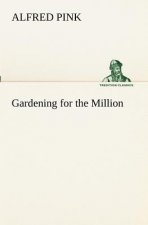
Gardening for the Million
987 Kč -

Journey
461 Kč -

Stanislaw Przybyszewski
1755 Kč
Darujte tuto knihu ještě dnes
- Objednejte knihu a zvolte Zaslat jako dárek.
- Obratem obdržíte darovací poukaz na knihu, který můžete ihned předat obdarovanému.
- Knihu zašleme na adresu obdarovaného, o nic se nestaráte.
Více informací o knize Body as Object and Instrument of Knowledge
Nákupem získáte 658 bodů
 Anotace knihy
Anotace knihy
It was in 1660s England, according to the received view, in the Royal Society of London, that science acquired the form of empirical enquiry we recognize as our own: an open, collaborative experimental practice, mediated by specially-designed instruments, supported by civil discourse, stressing accuracy and replicability. Guided by the philosophy of Francis Bacon, by Protestant ideas of this worldly benevolence, by gentlemanly codes of decorum and by a dominant interest in mechanics and the mechanical structure of the universe, the members of the Royal Society created a novel experimental practice that superseded former modes of empirical inquiry, from Aristotelian observations to alchemical experimentation.§This volume focuses on the development of empiricism as an interest in the body as both the object of research and the subject of experience. Re-embodying empiricism shifts the focus of interest to the life sciences ; medicine, physiology, natural history. In fact, many of the active members of the Royal Society were physicians, and a significant number of those, disciples of William Harvey and through him, inheritors of the empirical anatomy practices developed in Padua during the 16th century. Indeed, the primary research interests of the early Royal Society were concentrated on the body, human and animal, and its functions much more than on mechanics. Similarly, the Académie des Sciences directly contradicted its self-imposed mandate to investigate Nature in mechanistic fashion, devoting a significant portion of its Mémoires to questions concerning life, reproduction and monsters, consulting empirical botanists, apothecaries and chemists, and keeping closer to experience than to the Cartesian standards of well-founded knowledge.§These highlighted empirical studies of the body, were central in a workshop in the beginning of 2009 organized by the unit for History and Philosophy of Science in Sydney. The papers that were presented by some of the leading figures in this area are presented in this volume.
 Parametry knihy
Parametry knihy
Zařazení knihy Knihy v angličtině Mathematics & science Science: general issues Philosophy of science
6578 Kč
- Plný název: Body as Object and Instrument of Knowledge
- Podnázev: Embodied Empiricism in Early Modern Science
- Autor: Charles T. Wolfe, Ofer Gal
- Jazyk:
 Angličtina
Angličtina - Vazba: Pevná
- Počet stran: 350
- EAN: 9789048136858
- ISBN: 9048136857
- ID: 01973073
- Nakladatelství: Springer
- Hmotnost: 1500 g
- Rozměry: 235 × 155 × 33 mm
- Datum vydání: 01. February 2010
Oblíbené z jiného soudku
-

Order Out of Chaos
761 Kč -
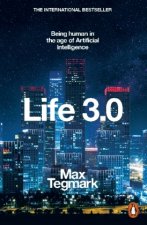
Life 3.0
306 Kč -
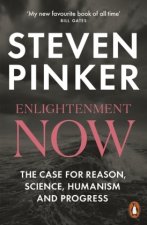
Enlightenment Now
420 Kč -
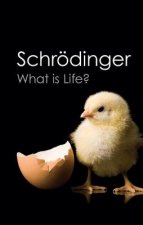
What is Life?
468 Kč -
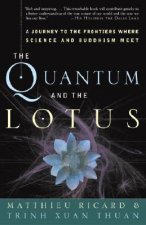
Quantum and the Lotus
365 Kč -
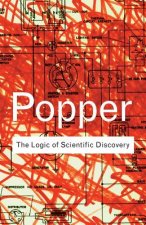
Logic of Scientific Discovery
660 Kč -
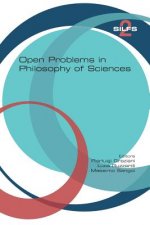
Open Problems in Philosophy of Sciences
650 Kč -
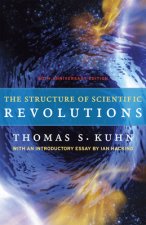
Structure of Scientific Revolutions
355 Kč -
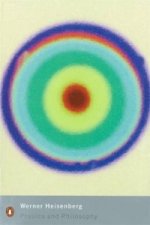
Physics and Philosophy
303 Kč -
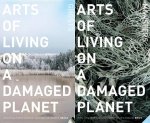
Arts of Living on a Damaged Planet
728 Kč -
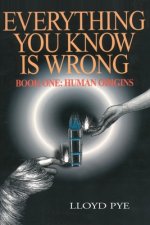
Everything You Know Is Wrong, Book 1
428 Kč -
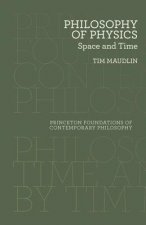
Philosophy of Physics
624 Kč -

Quark And The Jaguar
383 Kč -
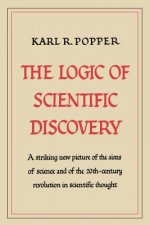
Logic of Scientific Discovery
515 Kč -
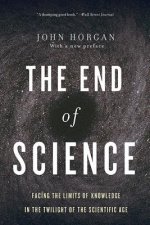
End Of Science
679 Kč -
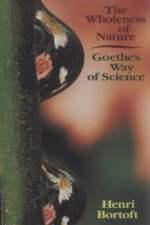
Wholeness of Nature
544 Kč -
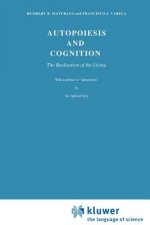
Autopoiesis and Cognition
6578 Kč -

Innermost Kernel
4575 Kč -
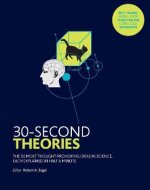
30-Second Theories
312 Kč -
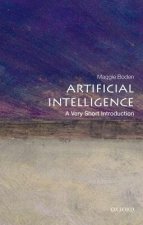
Artificial Intelligence: A Very Short Introduction
249 Kč -
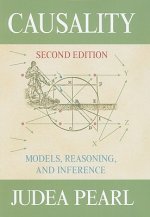
Causality
1855 Kč -
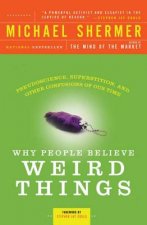
Why People Believe Weird Things
505 Kč -

Social Physics
410 Kč -
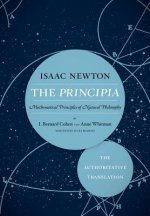
Principia: The Authoritative Translation
469 Kč -
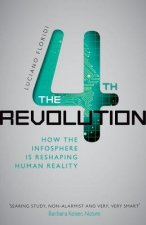
Fourth Revolution
353 Kč -
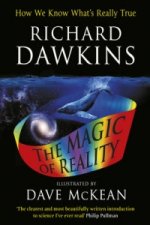
Magic of Reality
410 Kč -
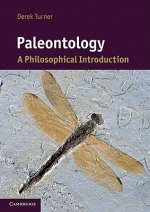
Paleontology
910 Kč -
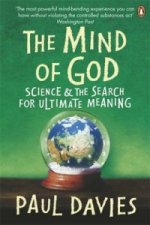
Mind of God
303 Kč -
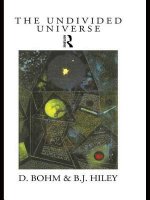
Undivided Universe
1705 Kč -
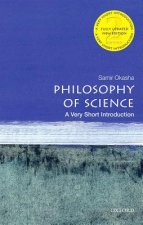
Philosophy of Science: Very Short Introduction
249 Kč -

Meeting the Universe Halfway
950 Kč -
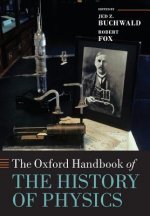
Oxford Handbook of the History of Physics
1649 Kč -
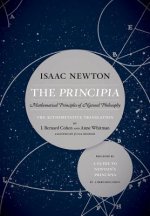
Principia: The Authoritative Translation and Guide
929 Kč -
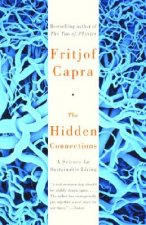
The Hidden Connections
510 Kč -
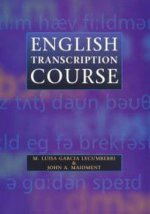
English Transcription Course
1404 Kč -
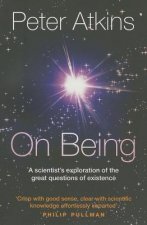
On Being
301 Kč -
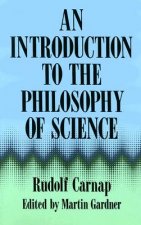
Introduction to the Philosophy of Science
409 Kč -
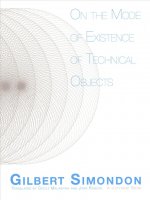
On the Mode of Existence of Technical Objects
872 Kč -
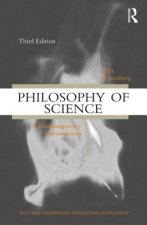
Philosophy of Science
1601 Kč -
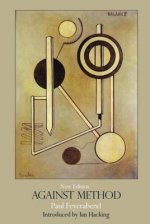
Against Method
2693 Kč -
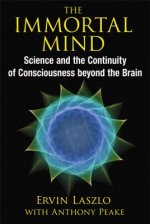
Immortal Mind
419 Kč -
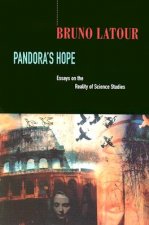
Pandora's Hope
1237 Kč -
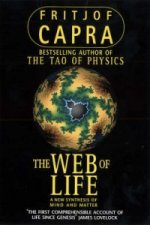
Web of Life
343 Kč -
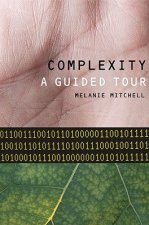
Complexity
1270 Kč -
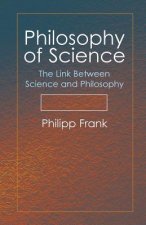
Philosophy of Science
465 Kč -
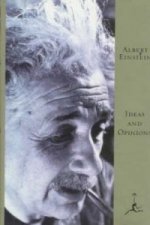
Ideas and Opinions
612 Kč -

Qualia Revolution
700 Kč -

Elegance and Enigma
1977 Kč -
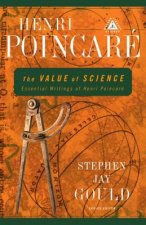
Value of Science
676 Kč
Osobní odběr Praha, Brno a 12903 dalších
Copyright ©2008-24 nejlevnejsi-knihy.cz Všechna práva vyhrazenaSoukromíCookies


 Vrácení do měsíce
Vrácení do měsíce 571 999 099 (8-15.30h)
571 999 099 (8-15.30h)